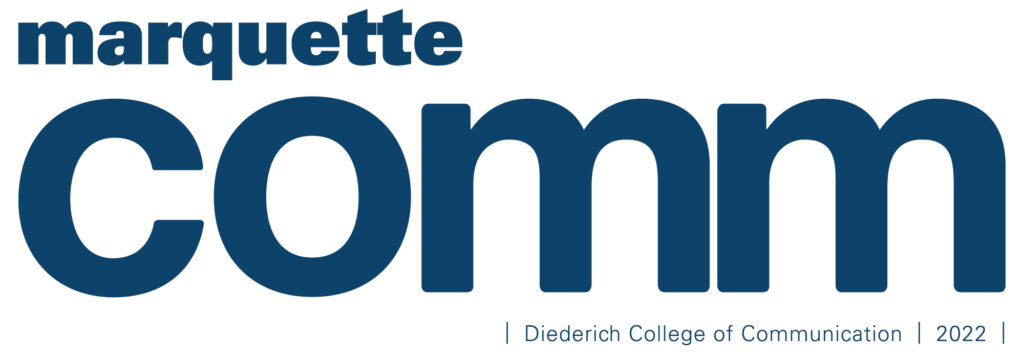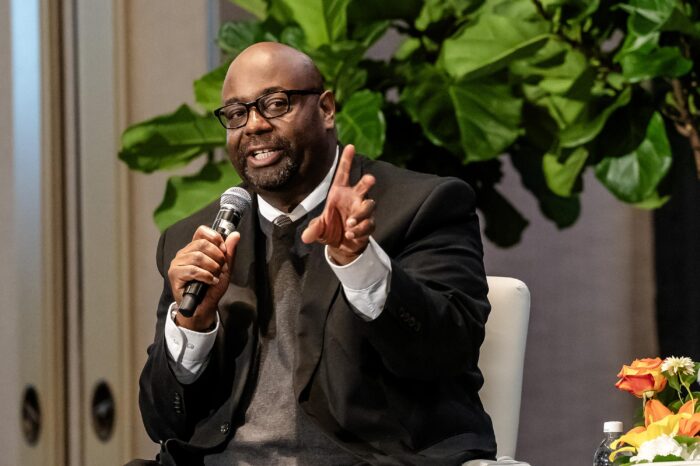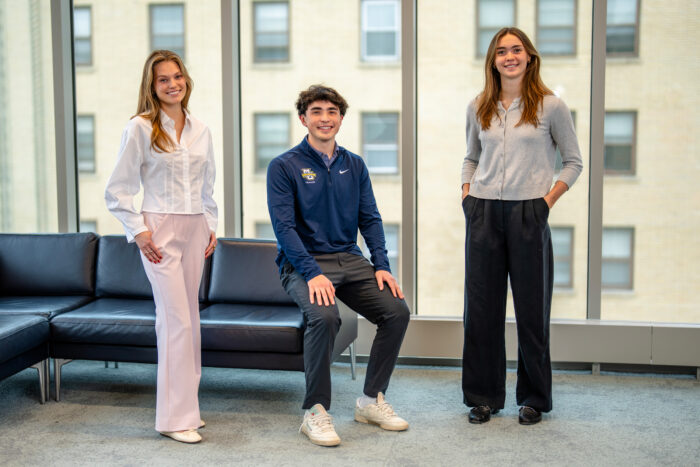Journalism professor researches whom freedom of information laws truly serve.
When Dr. A.Jay Wagner worked as a reporter in Chicago, he became both fascinated and frustrated by the freedom of information process. He’d file requests for government data under the Freedom of Information Act, which requires full or partial disclosure of information upon request within 20 days. But Wagner received delays and denials more often than he received useful data.
Now, as an assistant professor of journalism and media studies, Wagner teaches students to file FOIA requests. They feel a similar frustration with the FOIA process, puzzled by why their requests get denied or delayed. It’s something Wagner still experiences — he recently filed a request with the Department of Commerce headquarters that was delayed after needlessly being split into requests to 27 subdepartments. “It turned into a giant headache,” he says.
According to Wagner’s ongoing research, many members of the public feel that same pain when filing FOIA requests.

While Wagner’s research is nascent, he’s conducted surveys finding that people who file federal FOIA requests tend to be educated, politically liberal males. Wagner’s surveys also find that people of color are less inclined to submit FOIA requests based on doubts that the laws are effective. In addition, his surveys show that FOIA requests from the commercial side — lawyers and information brokers — are far more successful than requests by private citizens. Therein lie Wagner’s conflicted feelings about FOIA laws.
Federal FOIA laws were first passed in 1966, created to provide access to government information, which the Supreme Court often affirms is vital to how democracy functions. “It’s the idea that we can all participate, that we can all be informed, that we all have a fundamental understanding of what our government is doing,” Wagner says. But despite the law’s great potential for transparency, he believes that the FOIA process often falls short.
In another study, Wagner and four research assistants filed more than 1,100 FOIA requests across 10 states. They found that areas with greater racial minority populations have slower FOIA processes and more request denials, while states that have FOIA advocacy organizations have far more successful FOIA outcomes.
“You start wondering how the system has been warped and who it’s actually serving at this point,” Wagner says. “That’s what we’re trying to find out: Who does this system actually serve?”
Wagner hopes that in the future, FOIA laws can better serve all citizens. In an increasingly digital world, he wants more government information to be automatically posted online, no information requests necessary. With information more transparent and available, FOIA requests would be needed less.
“Hopefully, the government will be more proactive about putting information out there,” Wagner says. “And when there are gaps that need to be filled, we can request that information.”




